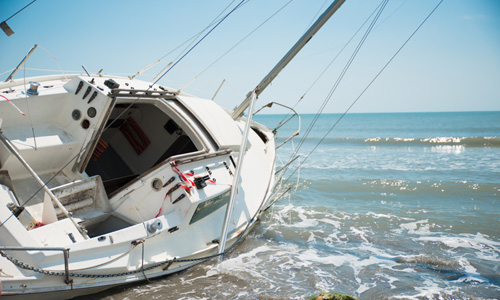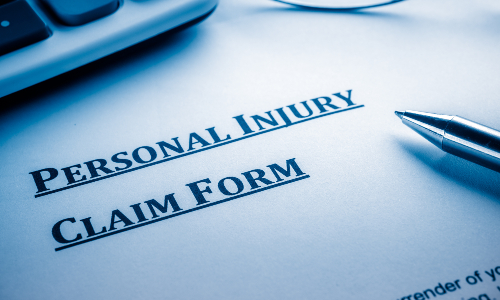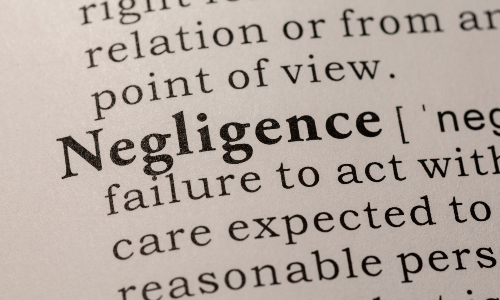What Are Toxic Torts?
Chemicals, dangerous pharmaceuticals, and various toxic substances can be extremely harmful to humans, for example:
- When they are exposed at work;
- When they are prescribed a pharmaceutical drug that turns out to be dangerous;
- As a result of environmental exposure, such as when toxic exhaust is released into the air;
- When toxins pollute the water supply when they leak from a chemical dump;
- By agricultural pesticides polluting our food and air, or by pesticides marketed for use in the home.
A person who has suffered an illness or injury as a result of exposure to a toxic substance may have a claim against the party that was responsible for the exposure to recover economic and non-economic quality-of-life damages. In addition, in cases of egregious wrongdoing, a victim may be able to recover punitive damages as well. These are known as “toxic tort” claims.
The following are situations in which toxin exposure–and thus toxic tort claims—typically arise:
- Job-related exposure: Sometimes the exposure takes place over many years at a relatively low level until an illness occurs; or, the exposure may be at a higher level for a short period. Mesothelioma, a kind of cancer, has been shown to be caused by exposure to asbestos. Benzene, used in manufacturing plastics, pesticides, detergents, synthetic fibers, steel, shoes, lubricants, and many more products. Is another widespread toxin. Shoe makers, laboratory technicians, plastic industry workers, gasoline service station workers, and others are at risk. Exposure has been linked to cancer, immunodeficiency, reproductive problems, and anemia. Coal miners frequently suffer from black lung disease as a result of breathing in coal dust.
- Consumer products, such as chemicals used in the home and garden, pesticides for example, may cause users to become ill.
- Chemical dumps, such as the infamous Love Canal area where in high rates of cancer, birth defects, and other illnesses were found in the 1970s and connected to chemicals dumped by the Hooker Chemical Company. This and other dumpsites have been designated as Supersites by the U.S. Environmental Protection Agency (EPA) for study, monitoring, and cleanup.
- Pharmaceutical drugs: Pharmaceutical companies are often in a hurry to rush their products to market and begin to rake in large profits. The FDA, when approving a drug, typically depends on research provided by the company that produces a drug, which is kind of like having the fox guard the henhouse. Sometimes approval is obtained based on faulty research. In a few cases, research has been deliberately falsified. In other cases, a drug was tainted during the manufacturing process. More commonly, unintended side-effects of which the developer was unaware begin to show up after extended use of a drug.
What Your Need to Prove: Elements of a Toxic Tort Case
There are several elements that you must prove to win a toxic tort claim:
- That the substance was hazardous
- That you were exposed to the hazardous substance
- That you suffered an illness after exposure to the substance
- That your exposure to the substance was the cause of your illness
- That you suffered significant damages as a result of the exposure to the substance and the resulting illness
Proving that the Toxin Caused Your Illness
This is where a toxic tort claim can become complicated. It may take years of exposure before you begin to show symptoms of disease. In the interim, you may have been exposed to other dangerous substances, so which one was at fault? And because of the amount of time that has elapsed, documentation of your exposure and other evidence—for example witness statements—may be extremely hard to obtain.
The Science to Back Your Claim
Toxic tort cases rely heavily upon scientific studies. You will need to show that the studies were properly performed up certain standards accepted by the scientific community, and that the results were valid.
Determining Who to Sue
Another hurdle is often determining which manufacturer caused your exposure. Perhaps you took a drug that was available in an original patented version and then in various generic configurations. In the case of environmental pollutants, there may have been several companies in the area pumping pollutants into the environment. You will usually end up naming multiple parties in your lawsuit, including manufacturers, distributors, premises owners, equipment manufacturers, storage facilities, and others who could have had some degree of responsibility for your being exposed.
A Complex Type of Litigation Requiring Experienced Counsel
Toxic tort litigation is often extremely complex, labor intensive, and expensive. It requires extensive research and the support of highly respected experts in various fields. When the same illness was suffered by a large number of people, it often makes sense to bring a class action law suit, because this allows for the sharing of the costs at settlement among a large number of victims. Another advantage of a class action is that it is more likely to generate widescale publicity, which can sometimes motivate defendants to settle earlier than they might if the claim were brought by a single individual.
Choosing the Right Lawyer
Whether your toxic tort claim is an individual one or a class action, expect a vigorous defense. Once a company loses one toxic tort case, they know others are likely to make similar claims. You can be certain that sophisticated legal teams will be called upon to raise any and every defense. So, don’t attempt this type of legal action without retaining an attorney with significant experience and a record of success in pursuing these demanding claims.
For more information, call our law office at (617)-391-9001. Or if you would prefer to email us, then please visit our contact page.






